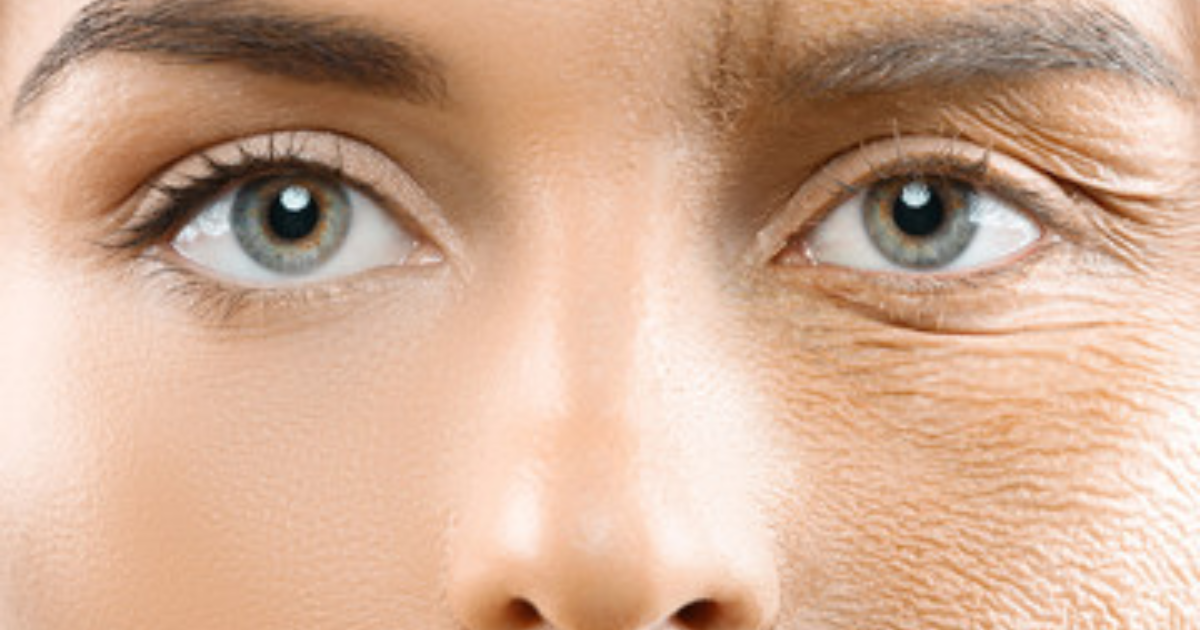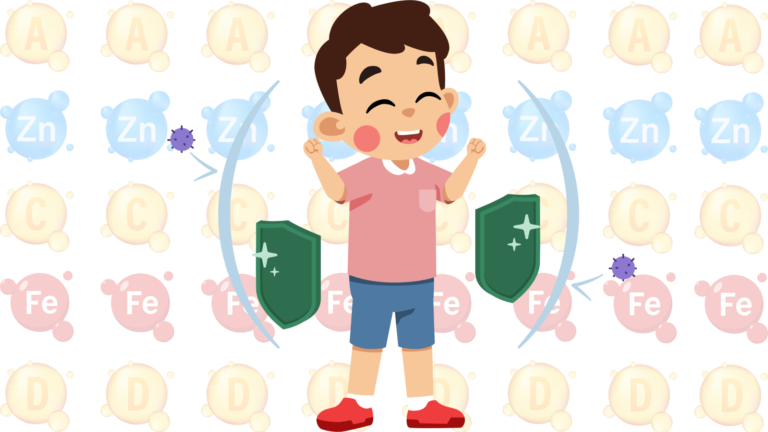
Berdi
urinary Track Health
Who doesn’t want to live forever young? But Scientifically speaking, no one can. Ageing is an inevitable and natural part of life that we all experience as we progress through the years. It’s a process that affects every aspect of your being, from how you look to how you feel, think and behave. As you age, your body undergoes various visible and invisible changes. Your skin loses its elasticity, your bones become more brittle, and your muscles weaken. You may also experience a decline in cognitive function, memory loss, and a decreased ability to learn new things.
Ageing is like a wild rollercoaster ride – it’s full of ups and downs, twists and turns, and surprises. One minute you’re feeling great, and the next, you’re groaning every time you stand up. It’s like a game of hide and seek – you try to hide the wrinkles, grey hairs, and age spots, but they always seem to find you! And don’t even get me started on the strange noises your body starts to make – creaks, pops, and groans that sound like a symphony of old age.
However, despite all of these changes, ageing is not necessarily a bad thing. It can be seen as a reflection of a life well-lived, a testament to the experiences you’ve had and the wisdom you’ve gained. So, while you may not be able to stop the clock from ticking, you can embrace the ageing process and all that it entails, knowing that it’s a natural and unavoidable part of the human experience.
Let’s explore the science of ageing and how it affects your body so you are better prepared to deal with what is to come. This may help you age healthily and avoid several avoidable issues.
As you age, your metabolism undergoes significant changes that can profoundly impact your health and well-being. The science of ageing has uncovered several key mechanisms that contribute to these changes, shedding light on the complex processes that govern the ageing process.
One of the most significant changes that occur with ageing is a decrease in basal metabolic rate (BMR), or the rate at which the body burns calories at rest. Research shows that BMR declines by an average of 1-2% per decade after the age of 30.
In addition to a decrease in BMR, ageing is also associated with changes in nutrient metabolism. Research has found that older adults tend to have lower protein turnover rates, which may contribute to the age-related loss of muscle mass.
Although a slow metabolism is inevitable with increasing age, some ways can help you keep your metabolism in check. Regular exercise can help to maintain muscle mass and improve metabolic function in older adults. Similarly, a good diet rich in nutrient-dense foods such as fruits, vegetables, and lean protein sources can help to support healthy metabolism and ageing.
As we age, cognitive function may decline due to changes in the brain, including decreased blood flow and changes in the structure of neurons. Research proves that ageing can also lead to a decline in attention, working memory, and processing speed. However, research also suggests that engaging in mentally stimulating activities and regular physical exercise can help to support cognitive function in older adulthood.
As you age, your cardiovascular system undergoes several changes that can significantly affect your overall health and well-being.
One of the most common changes in the cardiovascular system with ageing is the development of arterial stiffness, which refers to the loss of elasticity in the walls of the arteries. According to research, arterial stiffness increases with age and is a key predictor of cardiovascular disease risk in older adults.
Research also proves that ageing causes a change in the heart’s function and structure. Older adults tend to have lower cardiac output (the amount of blood the heart pumps per minute) and a reduced ability to respond to stress.
The science of ageing has helped shed light on the changes in the cardiovascular system as you age. By understanding these changes and taking steps like regular exercise and maintaining a healthy diet to support healthy ageing, you can help to maintain cardiovascular health and overall well-being in older age.
One of the most common changes in bones with ageing is a decrease in bone density, which refers to the amount of minerals (such as calcium) in the bones. This loss of bone density can make bones weaker and more susceptible to fractures. Research shows that bone density tends to peak in early adulthood and then gradually declines with age.
Ageing is also associated with changes in bone structure. Bones become less dense and more porous, which can contribute to a number of health problems, including osteoporosis- a condition in which bones become brittle and fragile. Older adults with osteoporosis are more likely to experience fractures and other bone-related injuries.
Regular weight-bearing exercises, such as walking or strength training, can help to maintain bone density and improve bone strength. In addition, a diet rich in calcium and vitamin D (found in foods such as dairy products, leafy greens, and fatty fish) can also help support bone health as you age.

As you age, your digestive system undergoes several changes that can affect your overall health. These changes include
These changes can lead to digestive issues, such as constipation, indigestion, and malnutrition.
Older adults are more likely to experience gastrointestinal issues due to these changes in the digestive system. Therefore, you must change your diet and lifestyle to support healthy digestion as you age. These changes can include consuming more fibre, drinking more water, and engaging in regular physical activity. In addition, taking medications correctly and being aware of potential side effects can also help to support digestive health in older adulthood.
Loose and saggy skin is inevitable as you age. Your skin undergoes several changes that can affect its appearance and health. These changes include a decrease in the production of collagen and elastin, which are proteins that provide structure and elasticity to the skin, as well as a decrease in the production of natural oils that keep the skin hydrated and supple. As a result, the skin may become thinner, drier, and more prone to wrinkles, age spots, and other signs of ageing.
Ageing can also lead to a decrease in the number of skin cells and a slower cell turnover rate, making the skin look dull and uneven. Moreover, exposure to environmental factors such as sun exposure and pollution can accelerate ageing and damage the skin, developing fine lines, wrinkles, and age spots.
Staging hydrated, applying sunscreen, and maintaining a healthy lifestyle can help you keep your skin healthy.

Understanding the science of ageing shows that many other changes occur in your body as you age.
In conclusion, ageing is a natural process that affects all aspects of your life. While some of the changes that occur with age are unavoidable, there are steps you can take to manage or prevent them. You can optimise your health and well-being as you age by staying active, eating a healthy diet, and staying up-to-date with medical care.
Additionally, many products on the market can help support healthy ageing, such as the Hicrom Plus. With its unique blend of high-quality ingredients, Hicrom Plus is designed to support heart health, metabolism, and overall vitality as you age. So, whether you’re just starting to notice the effects of ageing or looking for ways to maintain your health in your golden years, consider giving Hicrom Plus a try.
Ageing is the natural process of growing older and experiencing physical and mental changes over time.
Ageing can impact various aspects of physical health, including vision, hearing, mobility, bone density, and cognitive function.
Eating a healthy diet, staying physically active, getting enough sleep, reducing stress, and avoiding smoking and excessive alcohol consumption can all help slow down the ageing process.
Some common age-related health concerns include arthritis, heart disease, stroke, cancer, and dementia.
Staying physically active, eating a balanced diet, getting regular medical check-ups, and maintaining social connections can all help promote healthy ageing.










©2023 Route2Health®️
NTN: 2229383
AN ASSOCIATED COMPANY OF HIGHNOON LABORATORIES
STRN: 0301999937728

WhatsApp us
